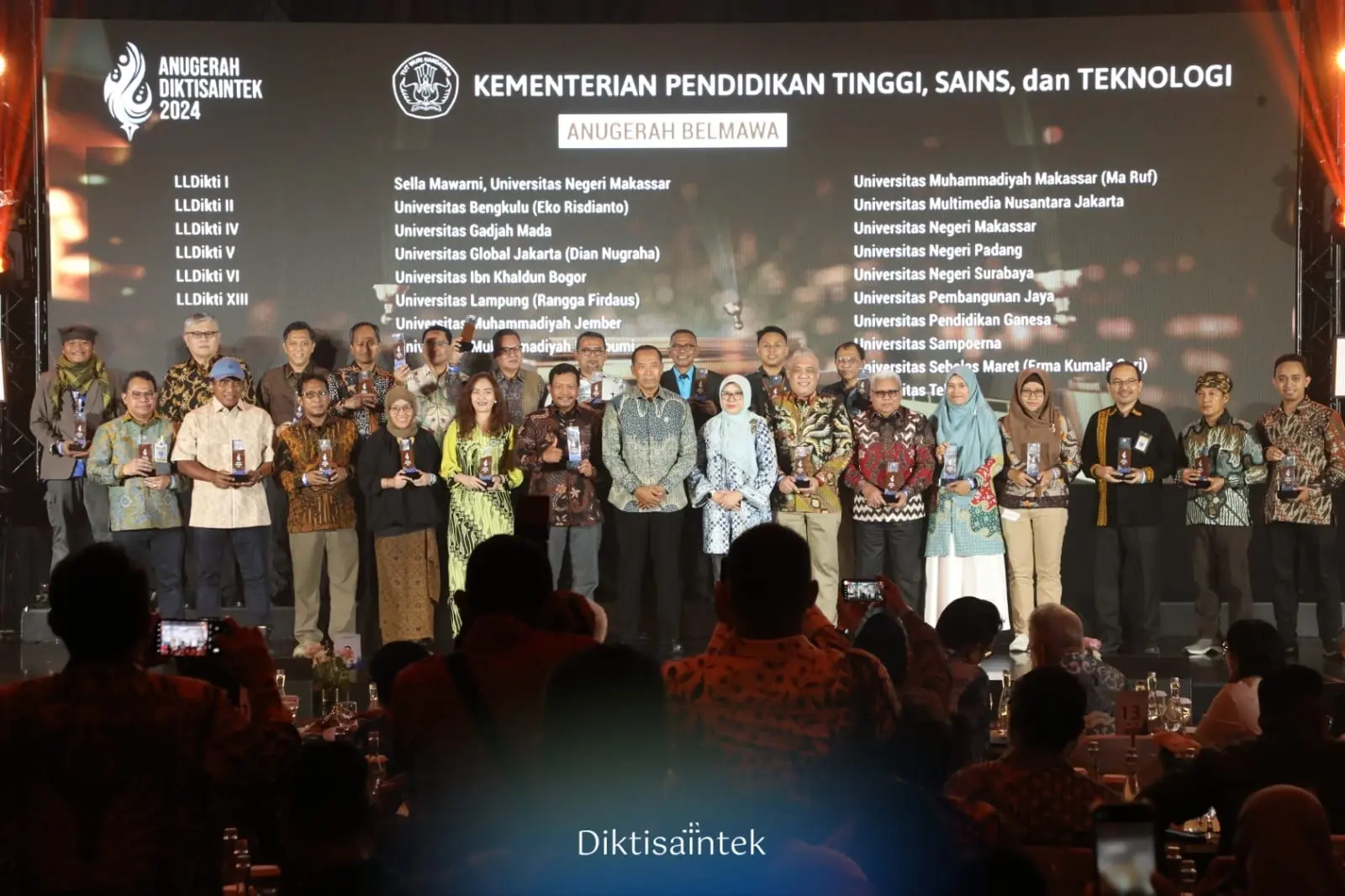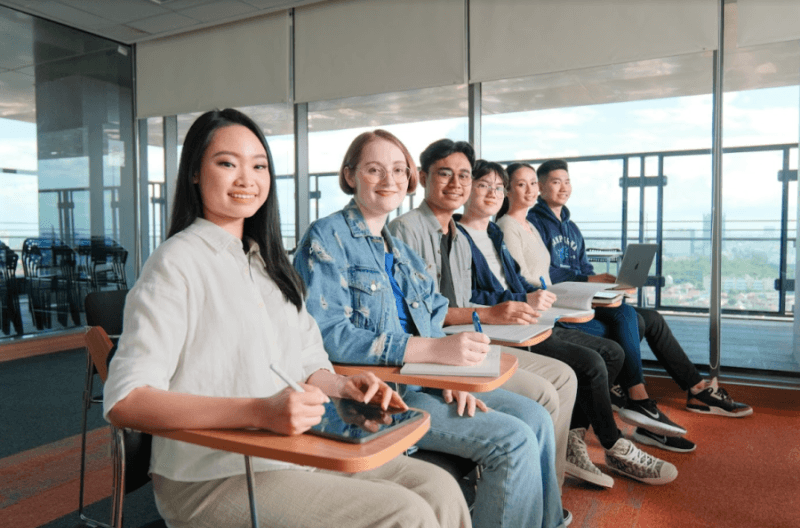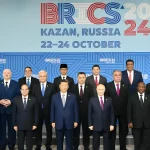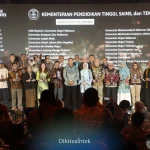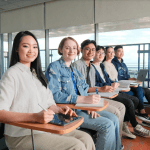05 May 2023
Top 10 Common Interview Questions For Fresh Graduates
Articles,

Fresh graduates often encounter several challenges as they transition from academia to the professional world. Fresh graduates may face difficulties in securing job opportunities with common interview due to their limited work experience. Employers often seek candidates with practical experience, which can put fresh graduates at a disadvantage.
While fresh graduates possess theoretical knowledge from their education, they may lack practical skills that are specific to their desired industry. This gap between academic knowledge and industry requirements can make it challenging to land a job.
Job markets can be highly competitive, and fresh graduates may face stiff competition from other candidates, including experienced professionals. This competition can make it challenging to stand out and secure desirable positions. Many fresh graduates may still be unsure about their career goals and may be exploring different options. This uncertainty can make it challenging to find a job that aligns with their long-term aspirations.
In a rapidly evolving job market, continuous learning and skill development are essential. Fresh graduates may need to invest time and effort in acquiring new skills to remain competitive and relevant in their chosen field. Fresh graduates should prepare several aspects to enhance their chances of success in the job market. Here are some key areas to focus on:
1. Resume/CV: Craft a well-structured and tailored resume highlighting relevant education, internships, projects, and any other experiences that demonstrate skills and achievements.

2. Cover letter: Develop a compelling cover letter that showcases your motivation, skills, and enthusiasm for the position or industry you’re applying to. Customize it for each job application to make a strong impression.
3. Interview skills: Practice common interview questions and develop concise and compelling responses. Prepare specific examples that highlight your skills, experiences, and achievements. Also, work on your non-verbal communication skills, such as maintaining eye contact, active listening, and displaying confidence.
10 Common Interview Questions Often Asked
Developing strong interview skills is crucial for fresh graduates to make a positive impression on potential employers. An interview is often the first opportunity for a potential employer to meet a fresh graduate in person and form an impression. Strong interview skills allow the graduate to make a positive and memorable first impression, increasing their chances of progressing to the next stage of the hiring process.
Here are 10 common interview questions often asked to fresh graduates:
1. Can you tell me about yourself?
When an interviewer asks, “Tell me about yourself,” they are seeking to gain an understanding of who you are both personally and professionally. It’s an open-ended question that allows you to provide a brief overview of your background, experiences, and qualifications.
2. Why did you choose this particular field of study?
When asked, “Why did you choose this particular field of study?” In a common interview, the interviewer wants to understand your motivation, passion, and decision-making process behind pursuing the specific field you studied.
3. What interests you about our company/organization?
When a common interviewer asks, “What interests you about our company/organization?” They want to assess your knowledge of the company and determine your motivation and fit within their organization.
4. What relevant coursework or projects have you completed during your studies?
When an interviewer asks about your relevant coursework or projects during your studies, they want to assess how well your academic experiences align with the requirements of the position.
5. Describe a challenging situation you faced during your studies and how you overcame it.
When asked to describe a challenging situation you faced during your studies and how you overcame it, the interviewer wants to assess your problem-solving skills, resilience, and ability to handle difficult situations.
6. What are your strengths and weaknesses?
When asked about your strengths and weaknesses in an interview, it’s important to provide a balanced and self-aware response that showcases your strengths while demonstrating your ability to identify areas for improvement.
7. How do you handle working in a team or with diverse groups of people?
When asked about how you handle working in a team or with diverse groups of people, the interviewer wants to assess your interpersonal and teamwork skills, as well as your ability to collaborate effectively in diverse environments.
8. Where do you see yourself in five years.
When asked about where you see yourself in five years during an interview, the interviewer wants to assess your career goals, ambition, and alignment with the company’s long-term vision.
9. How do you stay updated with industry trends and developments?
When asked about how you stay updated with industry trends and developments during a common interview, the interviewer wants to assess your proactive approach to learning and your commitment to staying current in your field.
10. Do you have any questions for us?
When the interviewer asks if you have any questions for them, it’s an opportunity for you to gather more information about the company, the role, and the work environment. It also demonstrates your genuine interest in the position.
Remember to prepare specific examples and experiences that demonstrate your skills, knowledge, and adaptability. It’s also beneficial to research the company beforehand to align your answers with their values and goals.
Sampoerna University
Sampoerna University is a fully accredited university in Indonesia that offers the best choice for those seeking excellent international education. Sampoerna University is a private, non-denominational, non-profit university licensed and certified by the Republic of Indonesia’s Ministry of Education, Culture, Research, and Technology.
Formed according to national and international standards, Sampoerna University is qualified to contribute to society through education substantially.
Sampoerna University provides a range of student affairs services and resources to support students throughout their academic journey and enhance their overall college experience. Student Affairs provides a few services to help students to be work-ready through a series of programs such as career seminars, CV Reviews, Common Interview Practice, and job information sharing of internships and full-time employment.
In order to help students understand whether their career goals match their interests and personalities, students are also invited to join personality and job-fit assessments. All programs are offered to students without charge, and all program invitations are sent to students by university email and WA groups, therefore students should be active in checking their email and WA messages.

